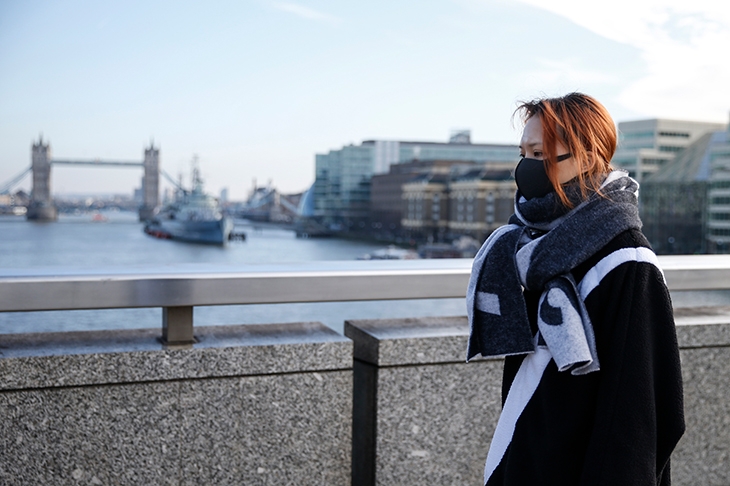My partner, Julian, hovered at my shoulder on Friday as I tapped out my Times Saturday column (about travel quarantine). I’d slipped in a paragraph with my own thoughts about the transmission of Covid-19. ‘Cut the lot,’ he said. ‘You’re not an epidemiologist. Nobody’s interested in your theories.’ This was probably good advice so I put my own thoughts on hold.
Until now. Because something’s still nagging me. I know I’m not an epidemiologist, but silences speak loud in science, and from those experts put up for media interview I notice a curious silence — a silence on what feels like a most important report and, from their interviewers, a timidity about pressing them.
The question the experts should be asked is about London. Why has coronavirus fled the capital?
London is now recording only a handful of new cases every day, while infections across the rest of the country are dropping far more slowly. It’s not as if there’s nobody left in London to infect: from a population of about nine million, two recent estimates of how many Londoners have developed antibodies put the proportion presumed immune at between 17 and 20 per cent.
I propose that there may exist forms of human resistance to this virus that don’t show up in antibody tests
That figure, of about one in five, interests me more and more. I first noticed it in reports of the proportion of cruise passengers infected on the Diamond Princess in February. Apparently just under 20 per cent had been infected; and on another cruise ship, the Grand Princess, some 16 per cent had the antibodies. In Stockholm (where restrictions have been lighter than in Britain), Sweden’s chief state epidemiologist believes around 20 per cent will have the antibodies, leaving 80 per cent theoretically vulnerable — but the infection rate there has been falling for more than a month.









Comments
Join the debate for just £1 a month
Be part of the conversation with other Spectator readers by getting your first three months for £3.
UNLOCK ACCESS Just £1 a monthAlready a subscriber? Log in